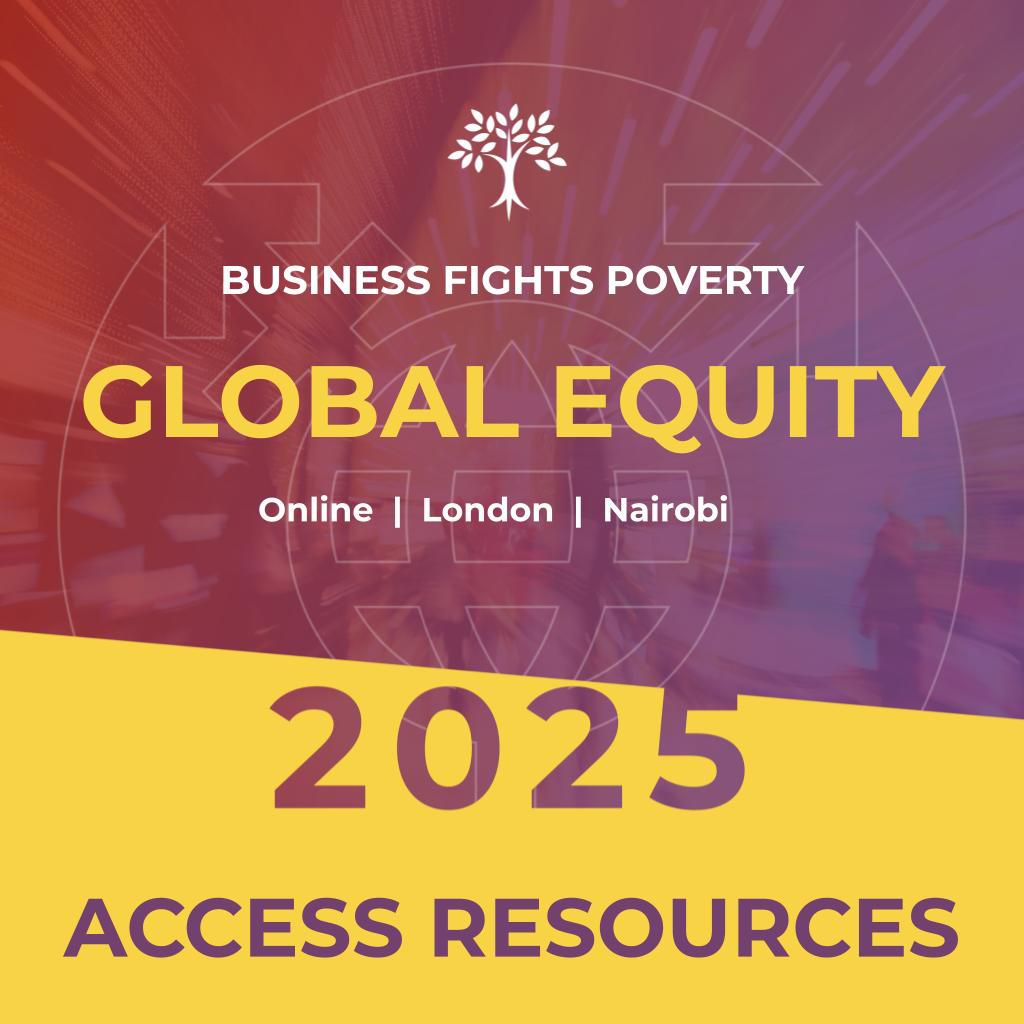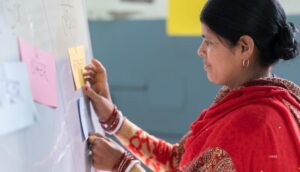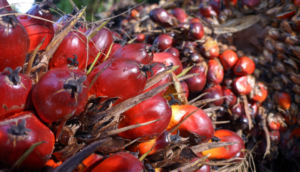Anyone who follows the news is well aware that we are in the midst of a global refugee crisis of massive proportions. What may be less apparent from the coverage is that this crisis is long-term in nature. According to the UN Refugee Agency, by the end of 2015, there were 21.3 million refugees around the world. At least 6.7 million of them had been in exile for more than five years- with an average stay longer than 20 years. And because of the way UNHCR tracks “protracted refugee situations,” the actual number is likely higher.
Short-term, emergency assistance is clearly vital, and yet it is only the tip of the iceberg. Refugees and their communities need sustainable solutions.
According to Alexander Betts and his colleagues at the University of Oxford’s Refugee Studies Centre, “It has long been recognised that a better alternative to protracted limbo and long-term encampment is what has been framed as ‘self-reliance’ – finding ways to offer refugees freedom of movement, the right to work, and support in the pursuit of their own economic opportunities.”
This creates a need and an opportunity for business. Betts argues that “if the ultimate goal of the refugee regime is autonomy, then entrepreneurship and business have an important and historically neglected role to play.” And his colleague Paul Collier, a former director at the World Bank, asserts that “that missing role of business is not charity; it is business.”
There are many things that companies can do to assist refugees. They can make philanthropic donations, mobilize and match employee contributions, and leverage their assets and competencies to provide in-kind support. There are many inspiring examples of all of these. And some are designed to help refugees build self-reliance. For example:
- LinkedIn’s Welcome Talent program offers customized training programs and the LinkedIn platform to organizations helping refugees find jobs
- Microsoft and Pearson have teamed up to offer software training and certifications that will help refugee youth in Jordan transition to employment
- Mastercard and others are lending their expertise to humanitarian agencies facing the task of keeping thousands of refugees’ personal data private and secure
At the same time, the comparative advantage of business in the refugee crisis may be the same as it is in society more broadly: to create jobs and offer essential products and services in a way that is financially self-sustaining. For instance:
- Starbucks has committed to hiring 10,000 refugees in stores around the world by 2022
- Ikea is partnering with the Jordan River Foundation and other social enterprises to create jobs for refugees in its supply chain, as part of long term ambition to create 200,000 jobs for disadvantaged people around the world
- Pearson is partnering with Save the Children to understand needs, collect insights, and develop innovative approaches for refugees, other vulnerable learners, and the education systems attempting to serve them
- Mastercard Aid Network (a digital voucher platform), humanitarian prepaid cards, and remittance services are enabling refugees and other vulnerable populations to receive goods, services and funds from governments, humanitarian organizations, and relatives abroad safely and efficiently, so that they can purchase the things they need
For these companies and others like them, the benefits of finding business solutions for refugees include corporate reputation and relationship-building, employee engagement, innovation, and even long-term market expansion.
Now, new research on “refugee economies” could help companies better understand the opportunities. Betts, Collier, and others have begun to document the systems of consumption, production, exchange, and finance that refugees are using to meet their own needs in the absence of effective interventions, and in spite of enormous challenges. In some ways, this resembles research on “informal economies” that has helped companies in some sectors craft business models are now making goods and services available to low-income consumers in financially viable ways. For example, in Mexico, cement company CEMEX noticed that low-income families typically constructed their homes themselves – purchasing cement and other materials whenever they had enough money, and adding a room at a time. But this process took a long time, and it could be costly. There were always other pressing needs to spend money on, and construction material might accidentally get wet or be stolen. Understanding these dynamics enabled the company to come up with a new model, Patrimonio Hoy, that responded to all the logical reasons low-income families built their homes the way they did – and helped them do it faster and at a higher level of quality. Whereas it might have taken four to five years to construct a 10 by 12 meter room before Patrimonio Hoy, with the program, it takes one year and four months. It also costs 30% less due to accurate calculation and the elimination of waste.
Could companies engage in refugee economies in a similar way, starting by understanding and respecting the ways they work – and then finding opportunities to improve outcomes for those involved?
There are at least two key questions companies and their partners will need to navigate.
The first is politics. How will local and national governments and relevant publics, whether domestic or international, respond to the company’s efforts on behalf of refugees?
The second is ethics. How can companies do business with such vulnerable populations in ways that respect or even help to fulfill their human rights, and that truly create shared value? For example, how do you price appropriately? And how do you protect workers from exploitation if they are unlikely even to self-identify as refugees, much less report any abuses?










